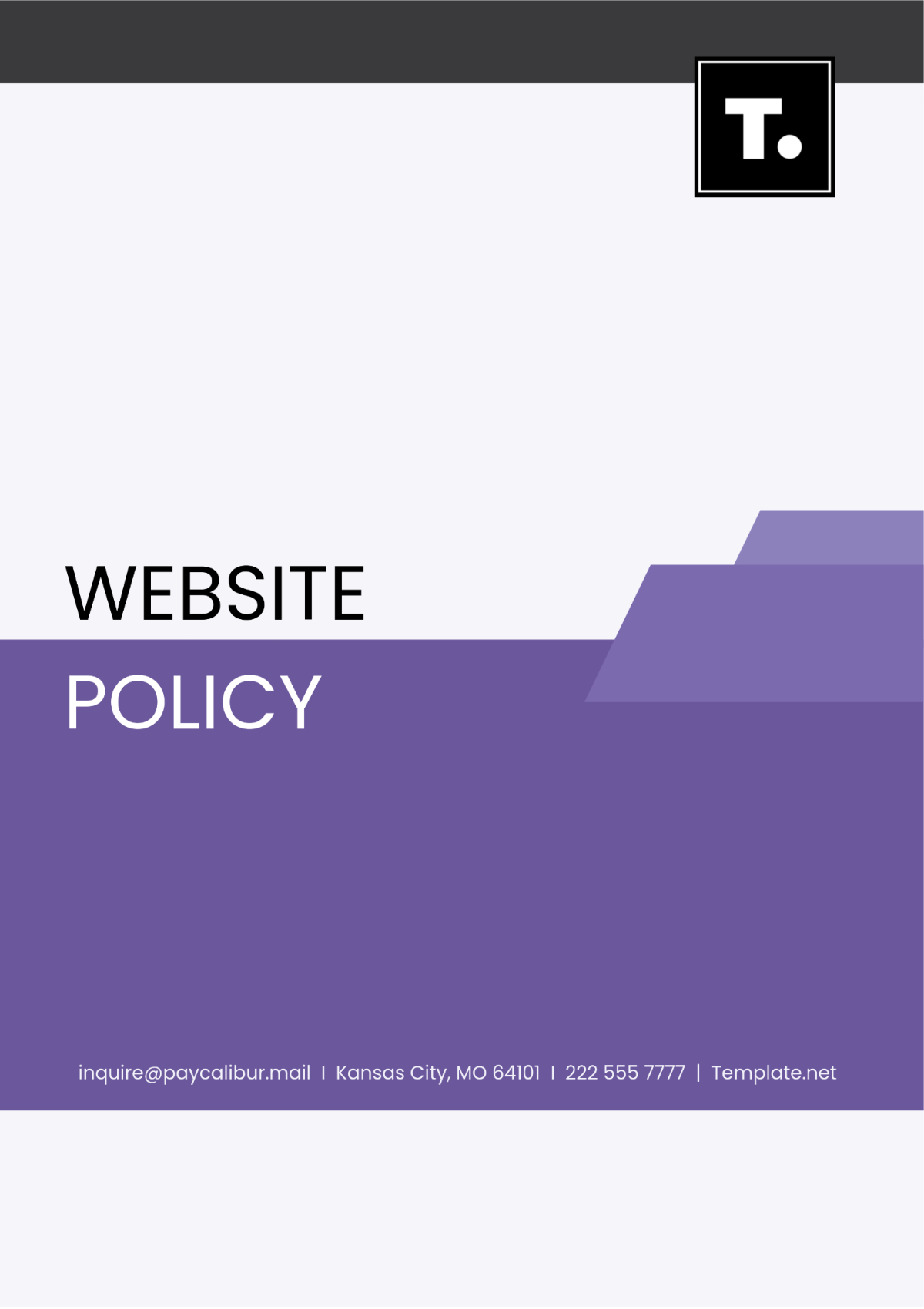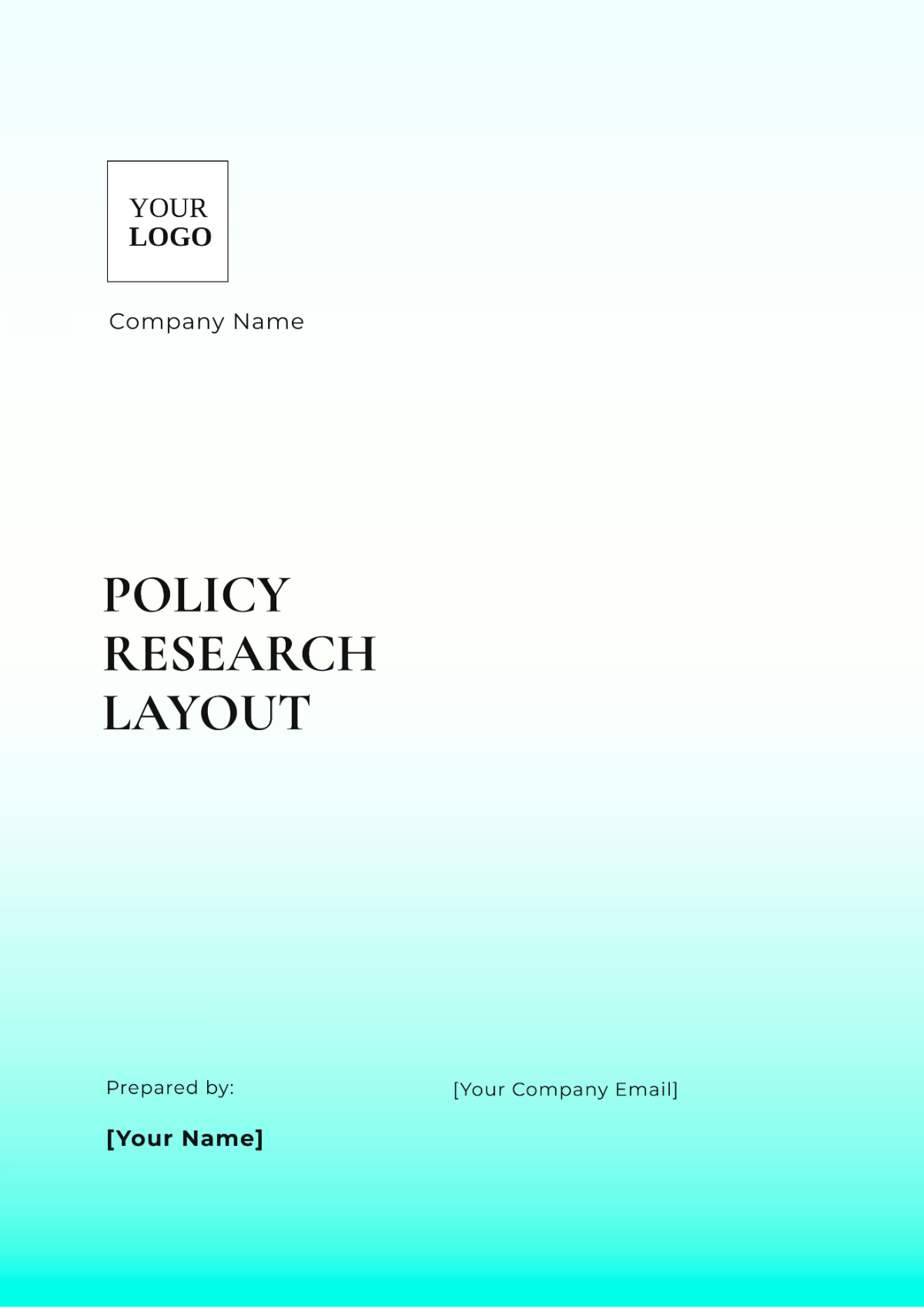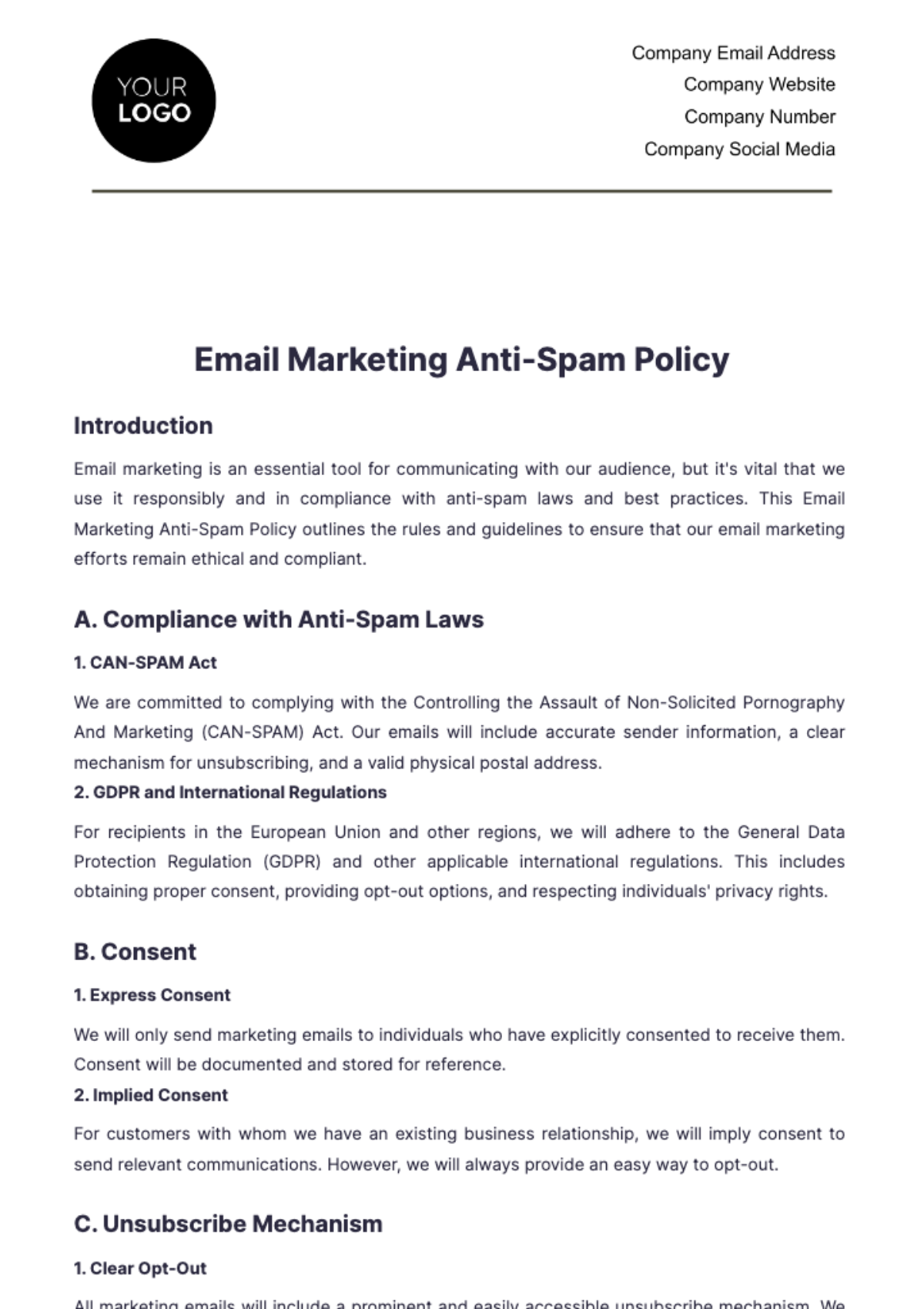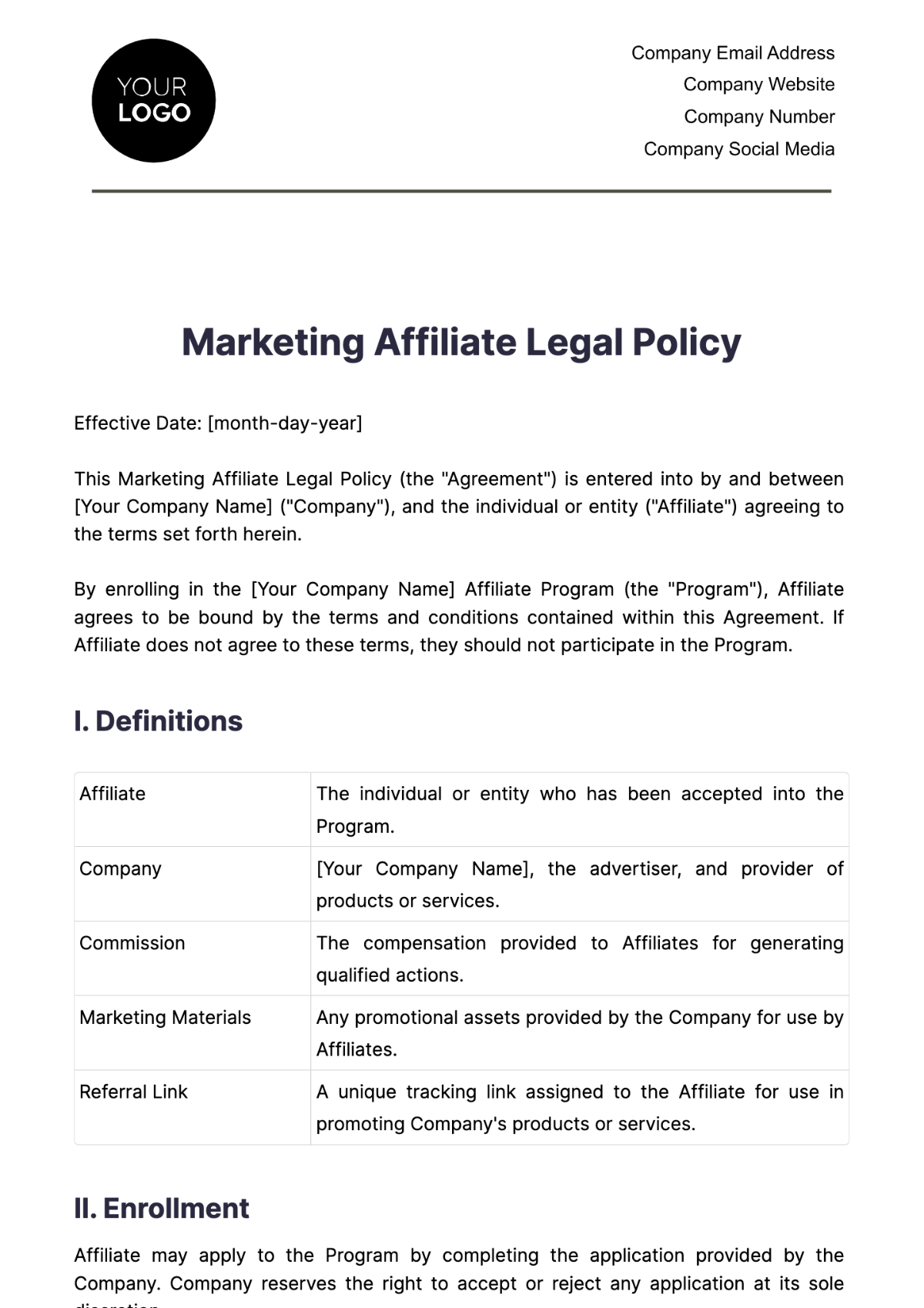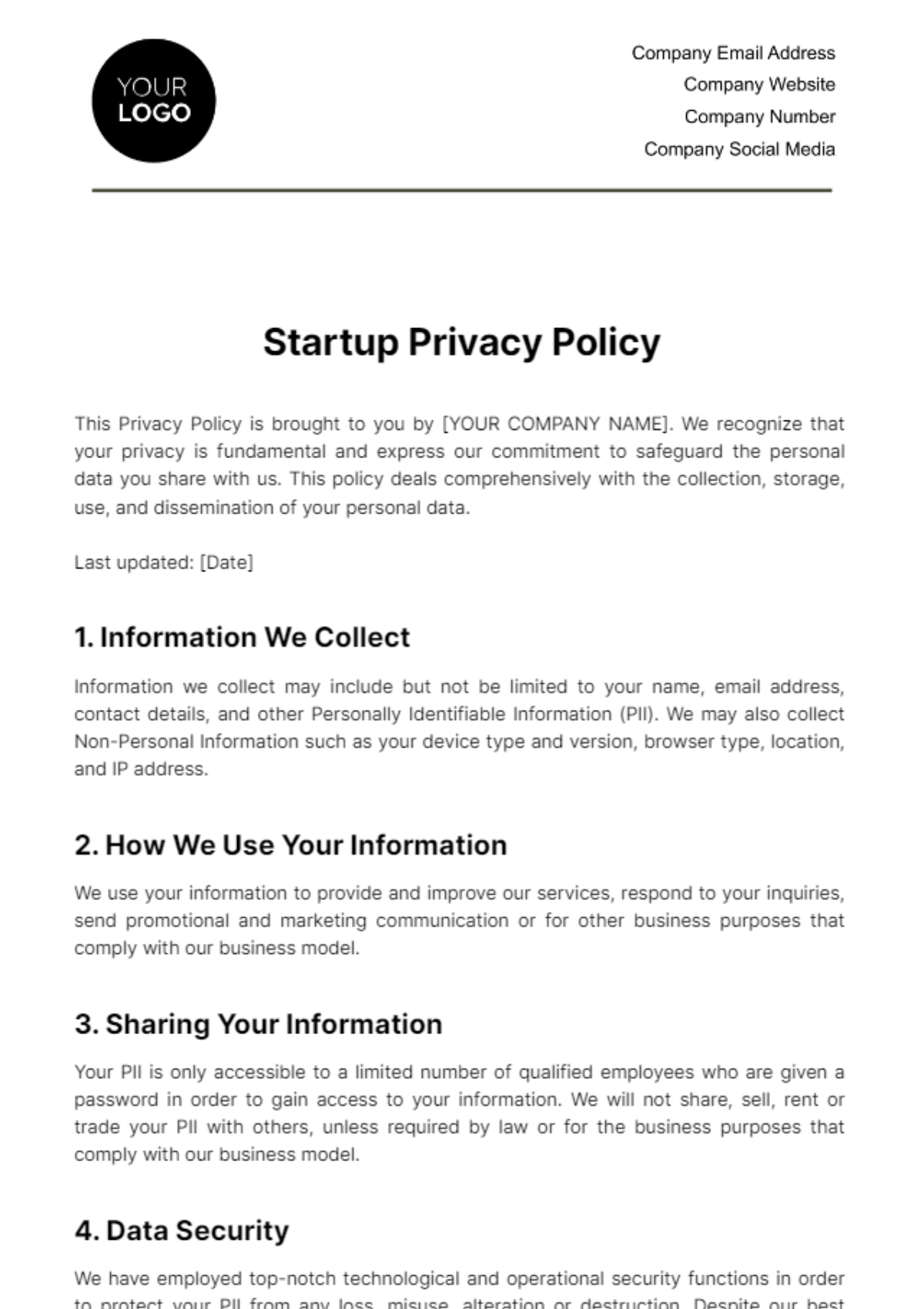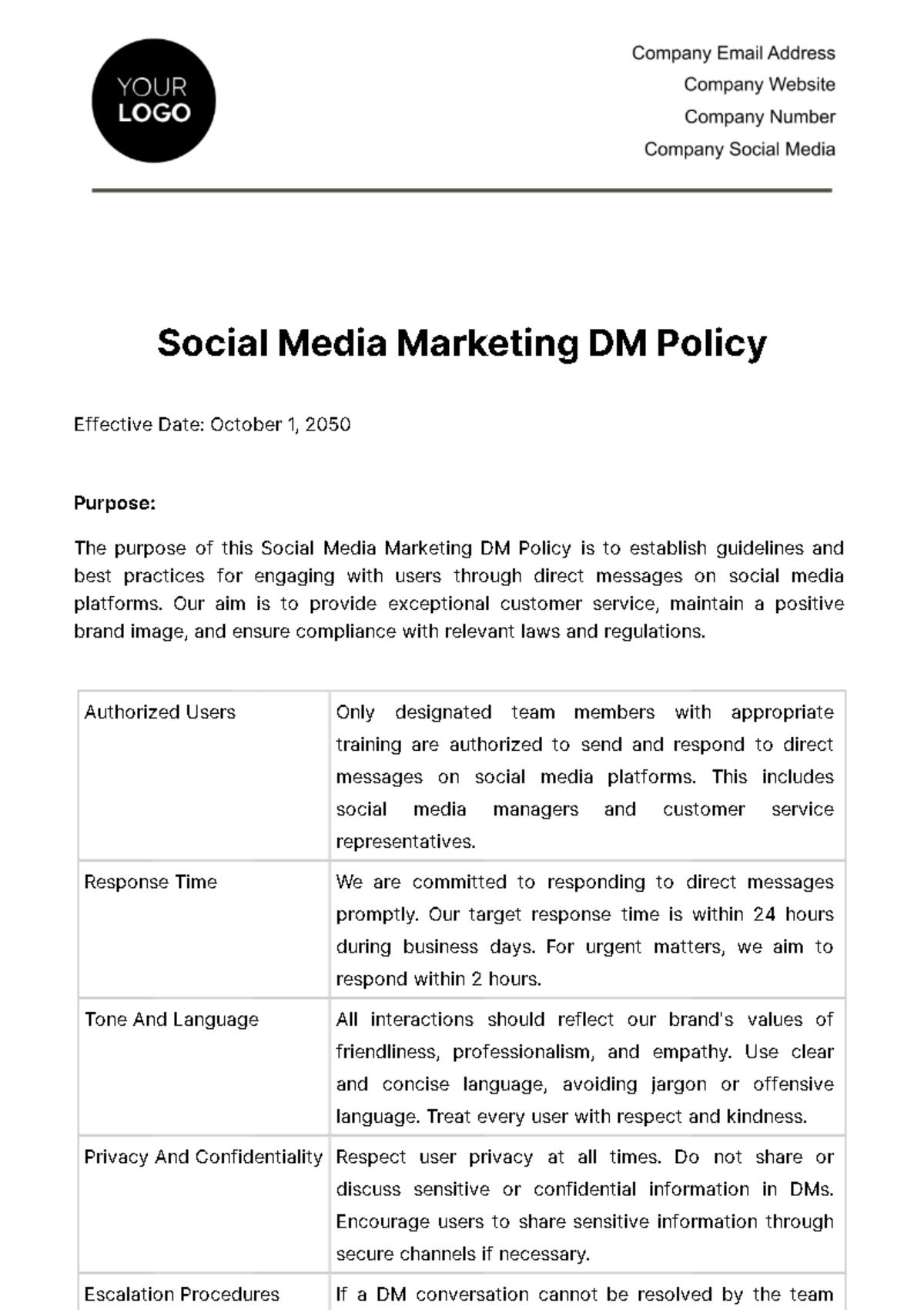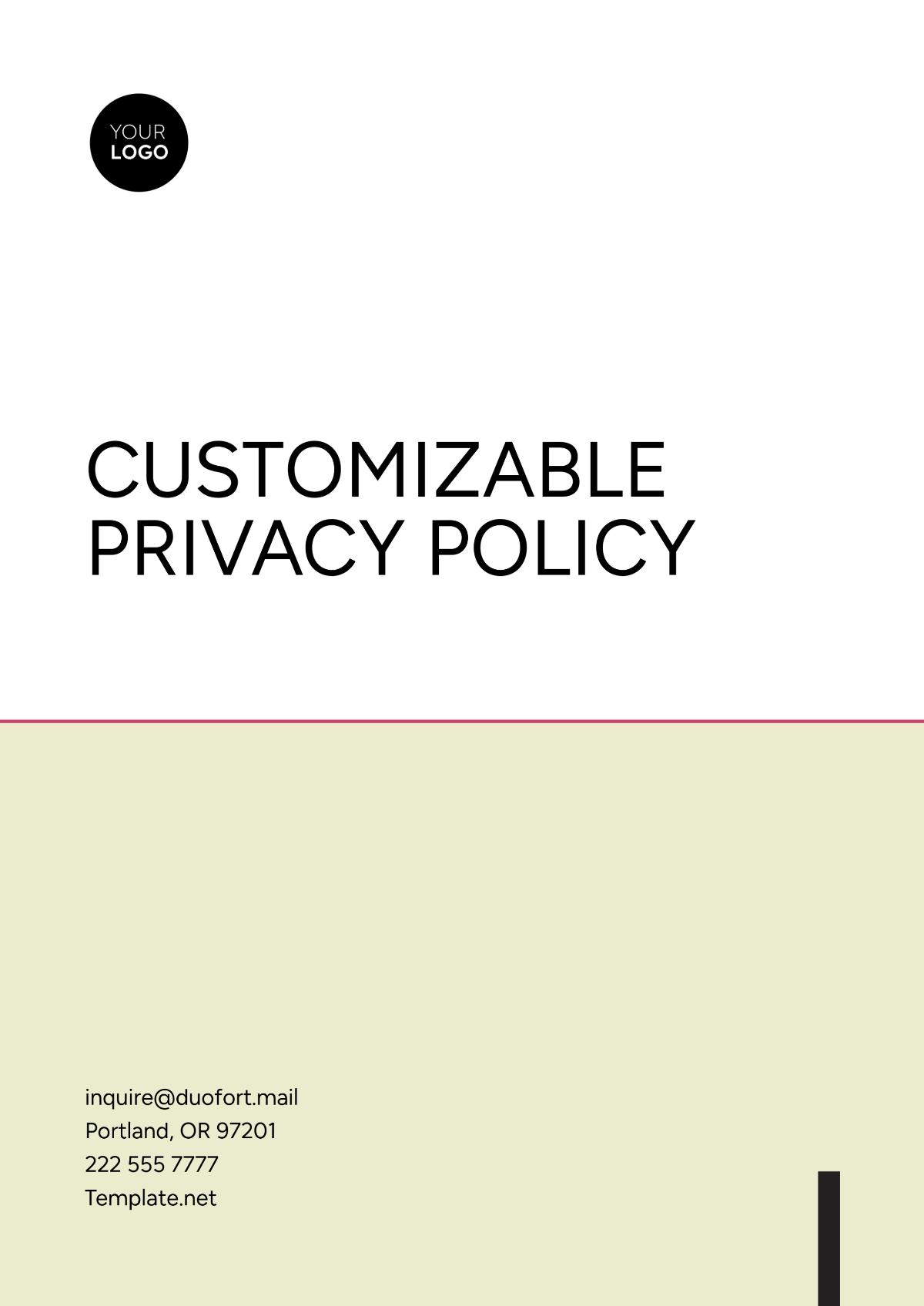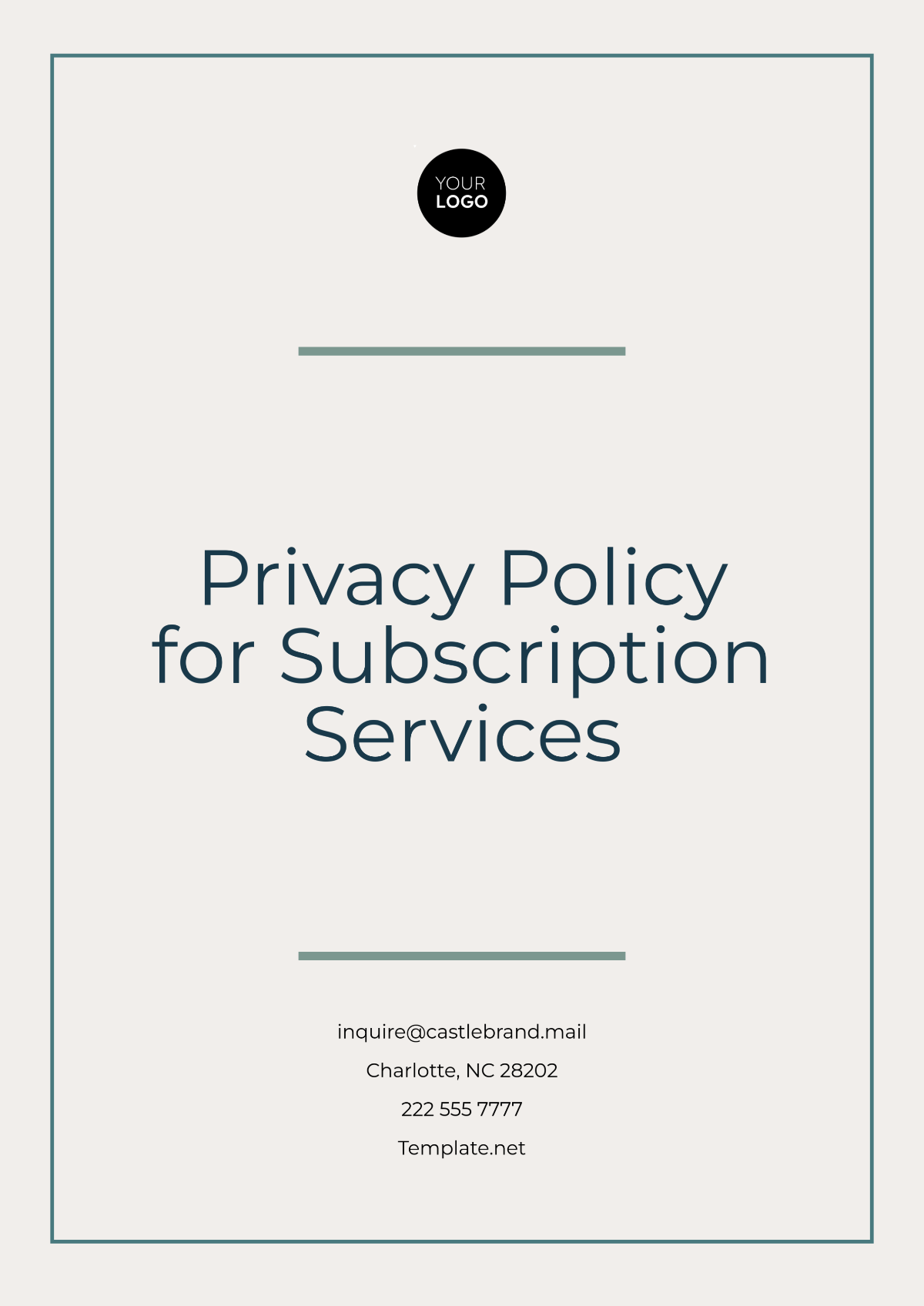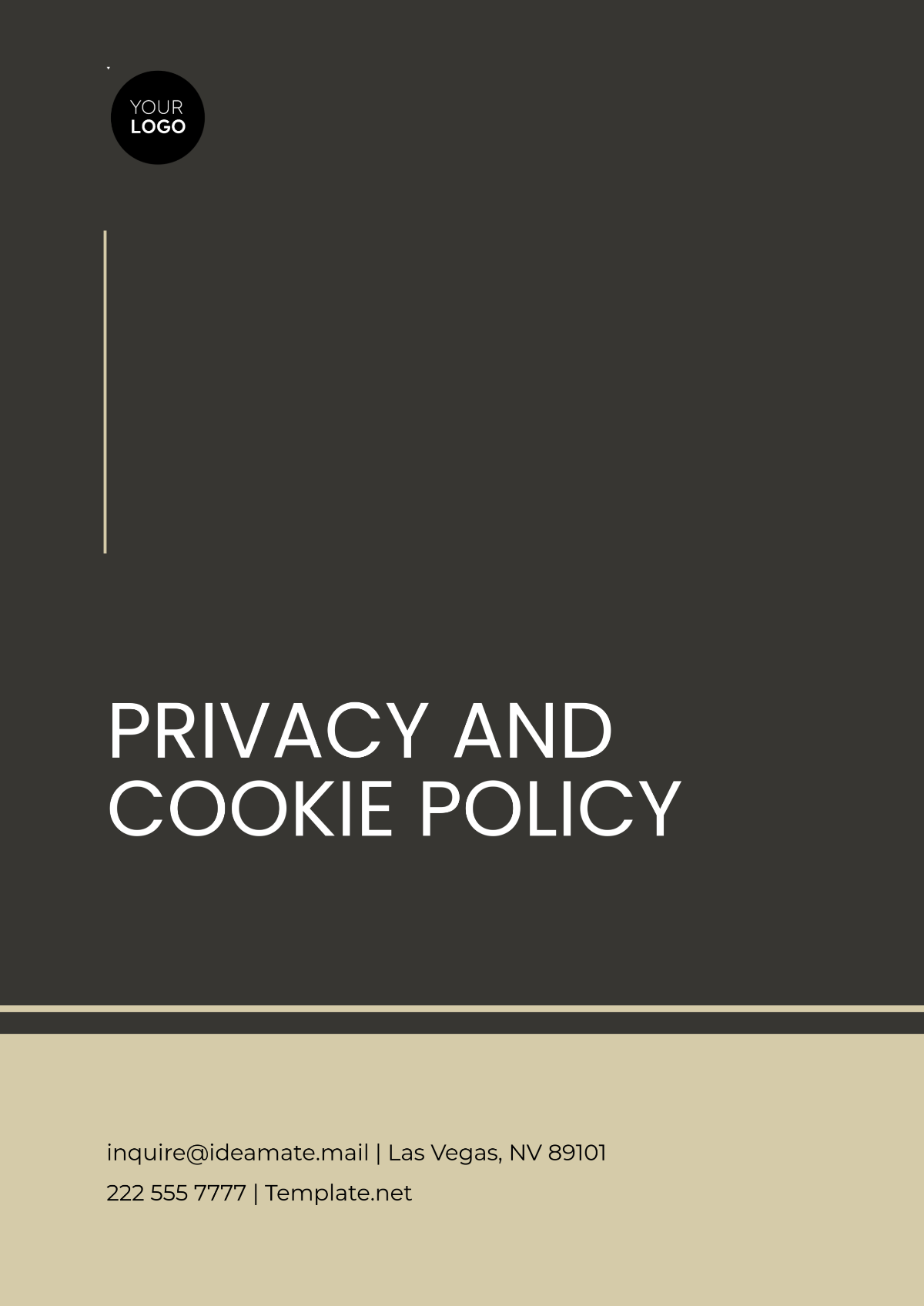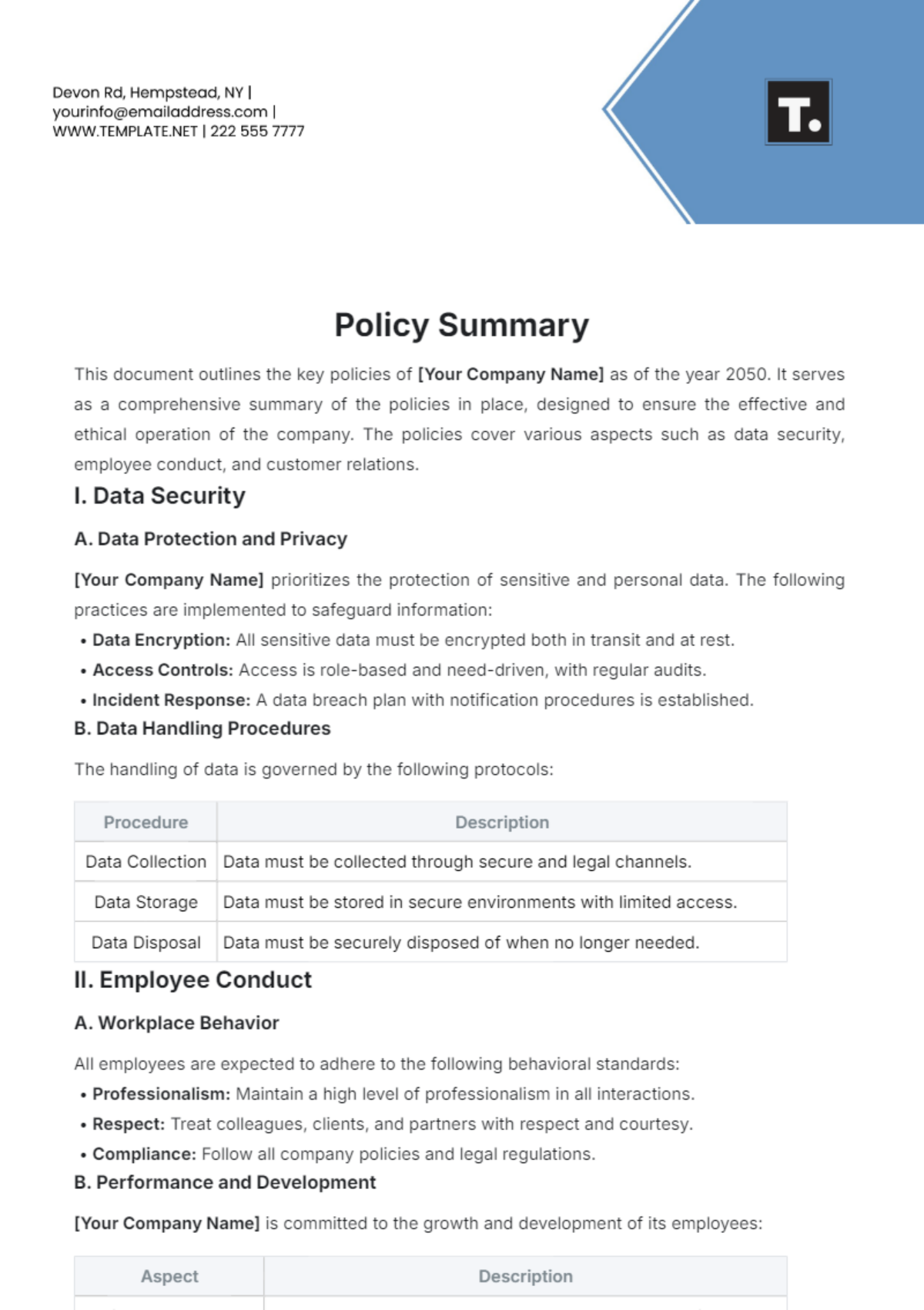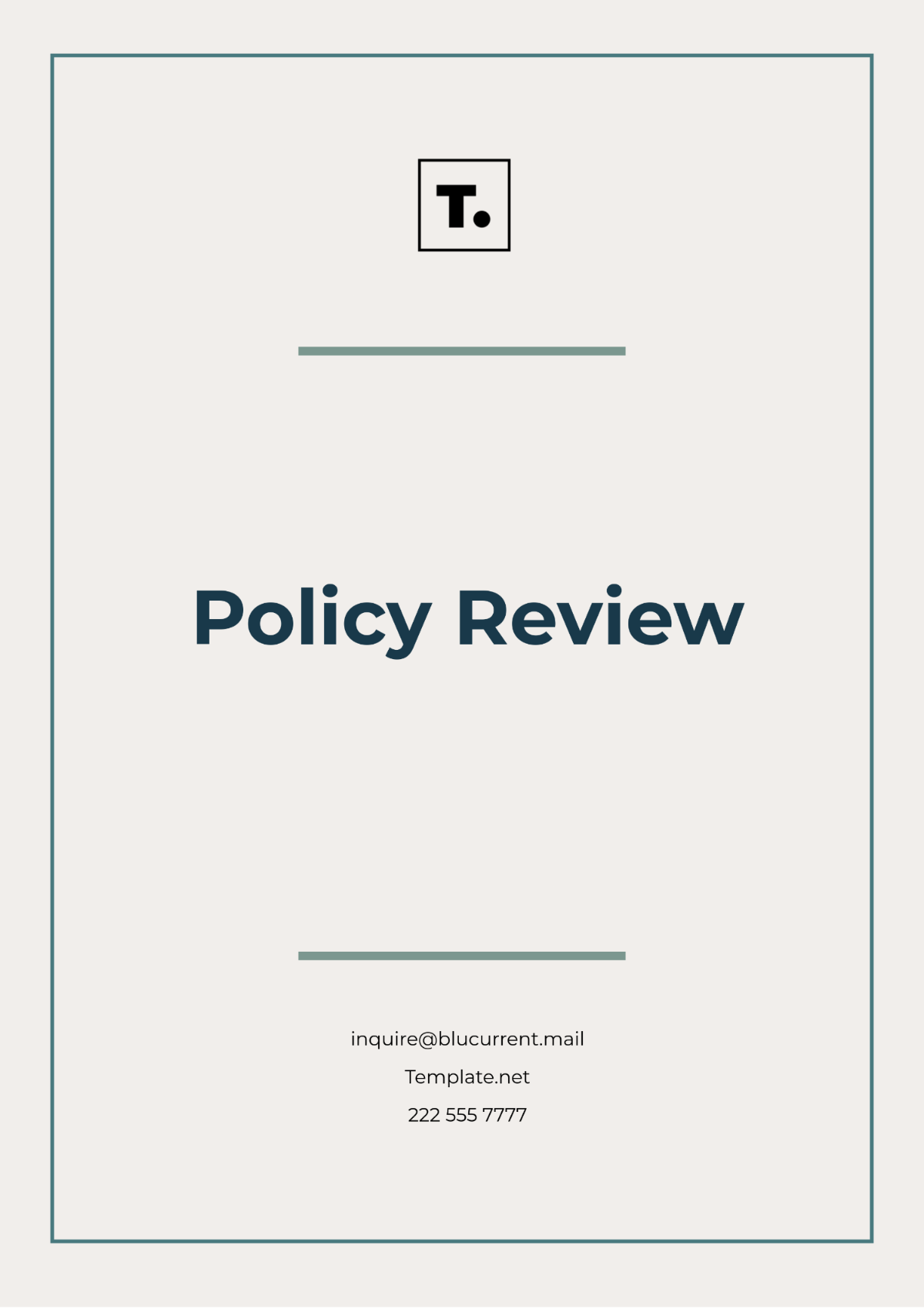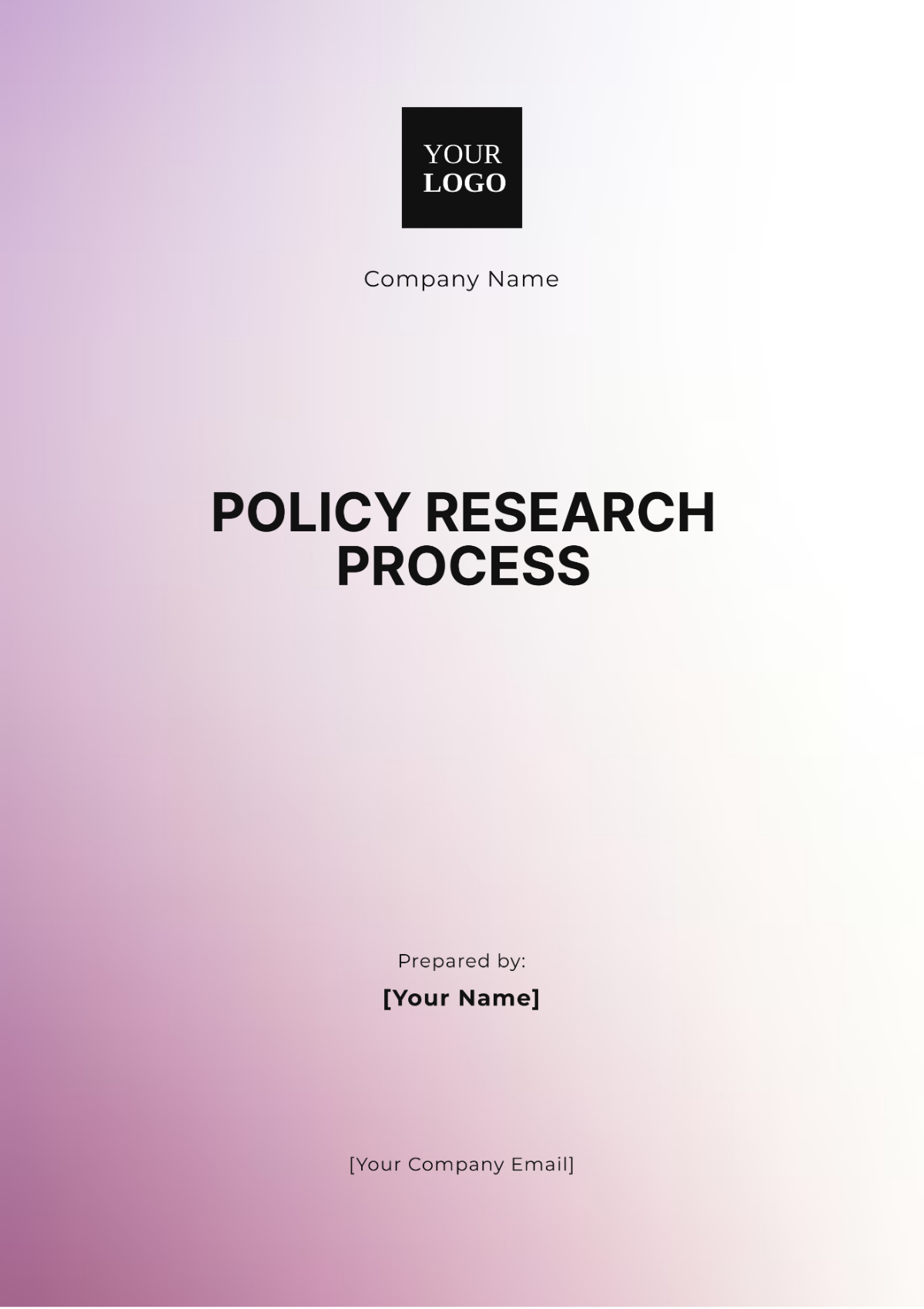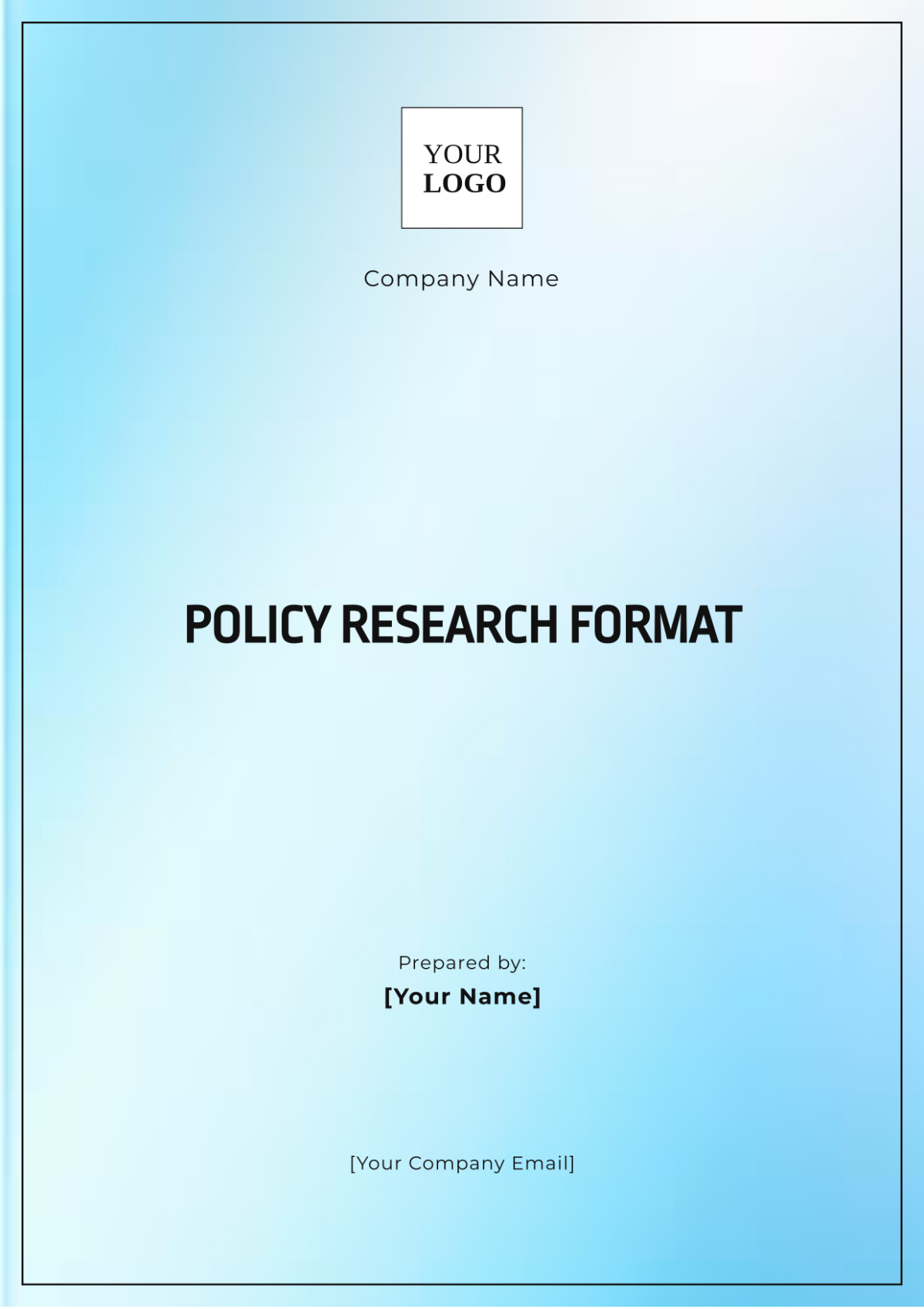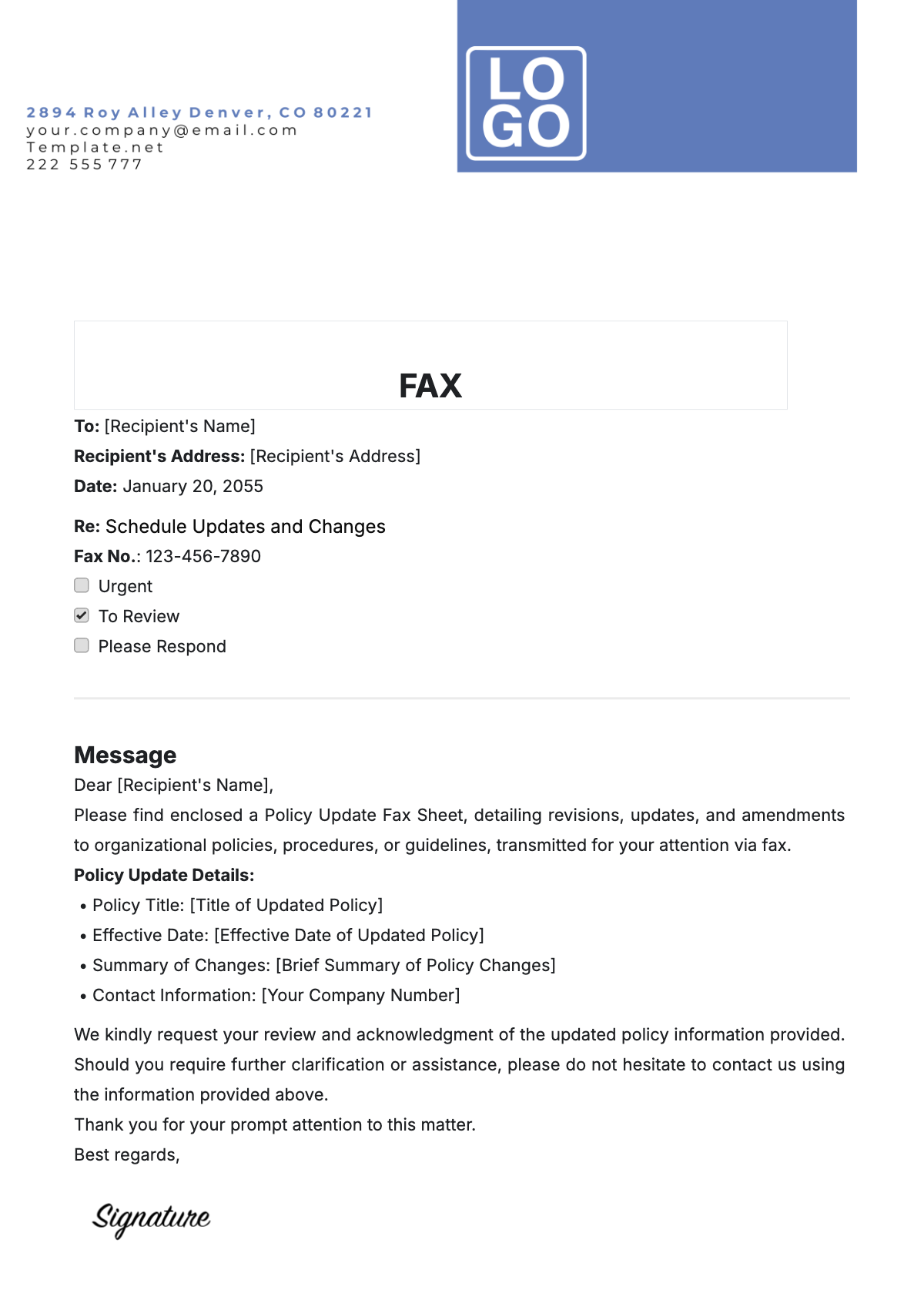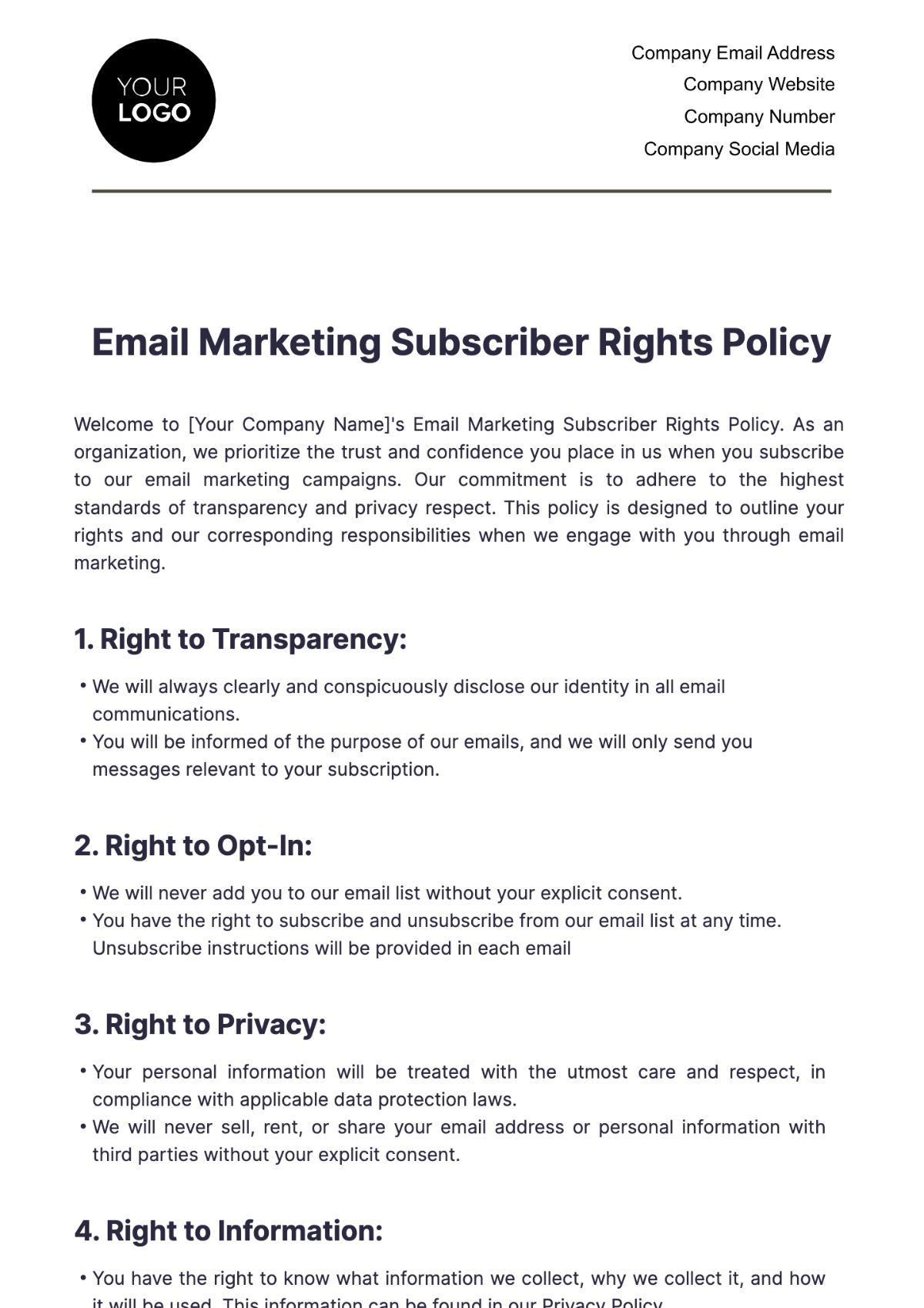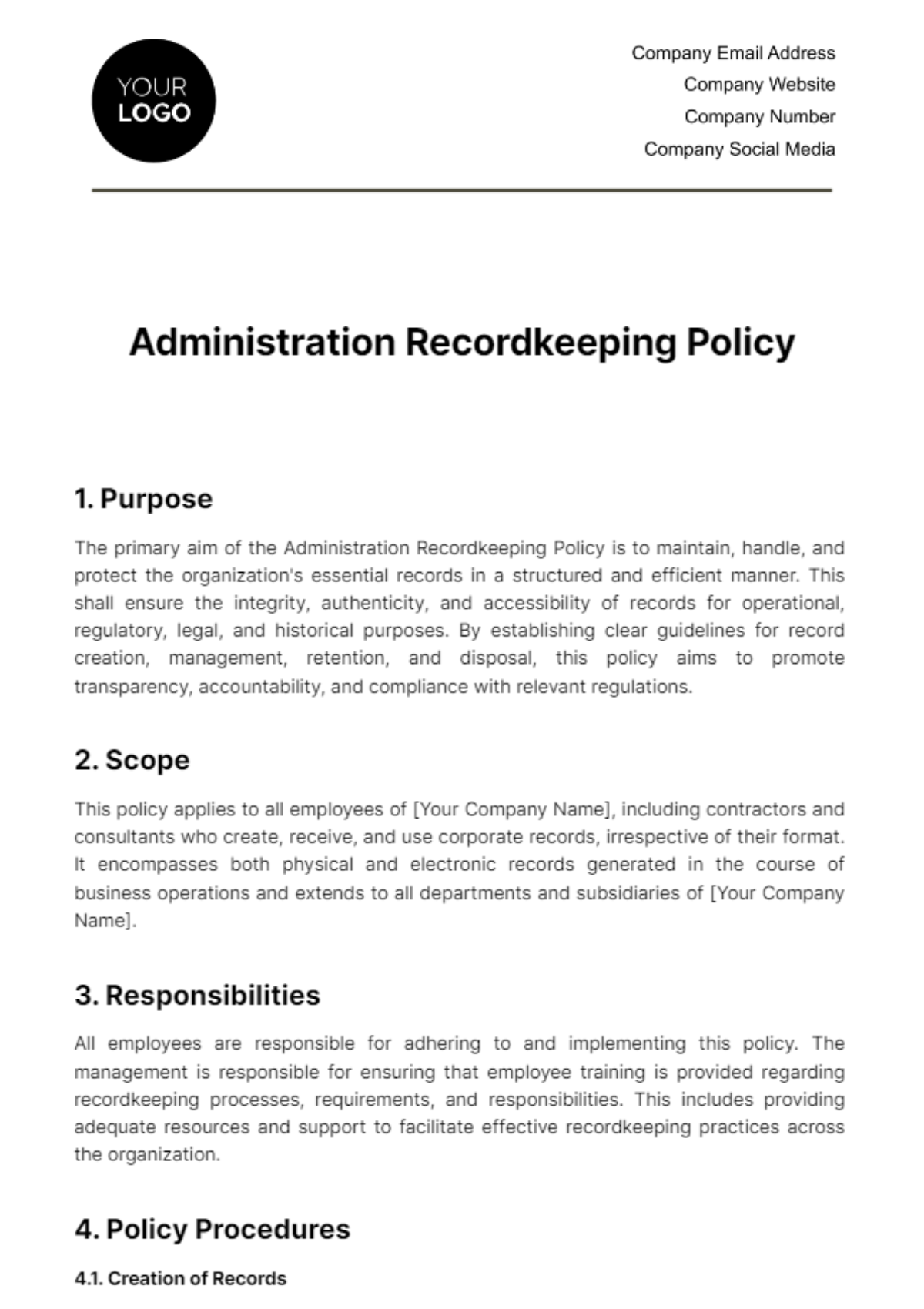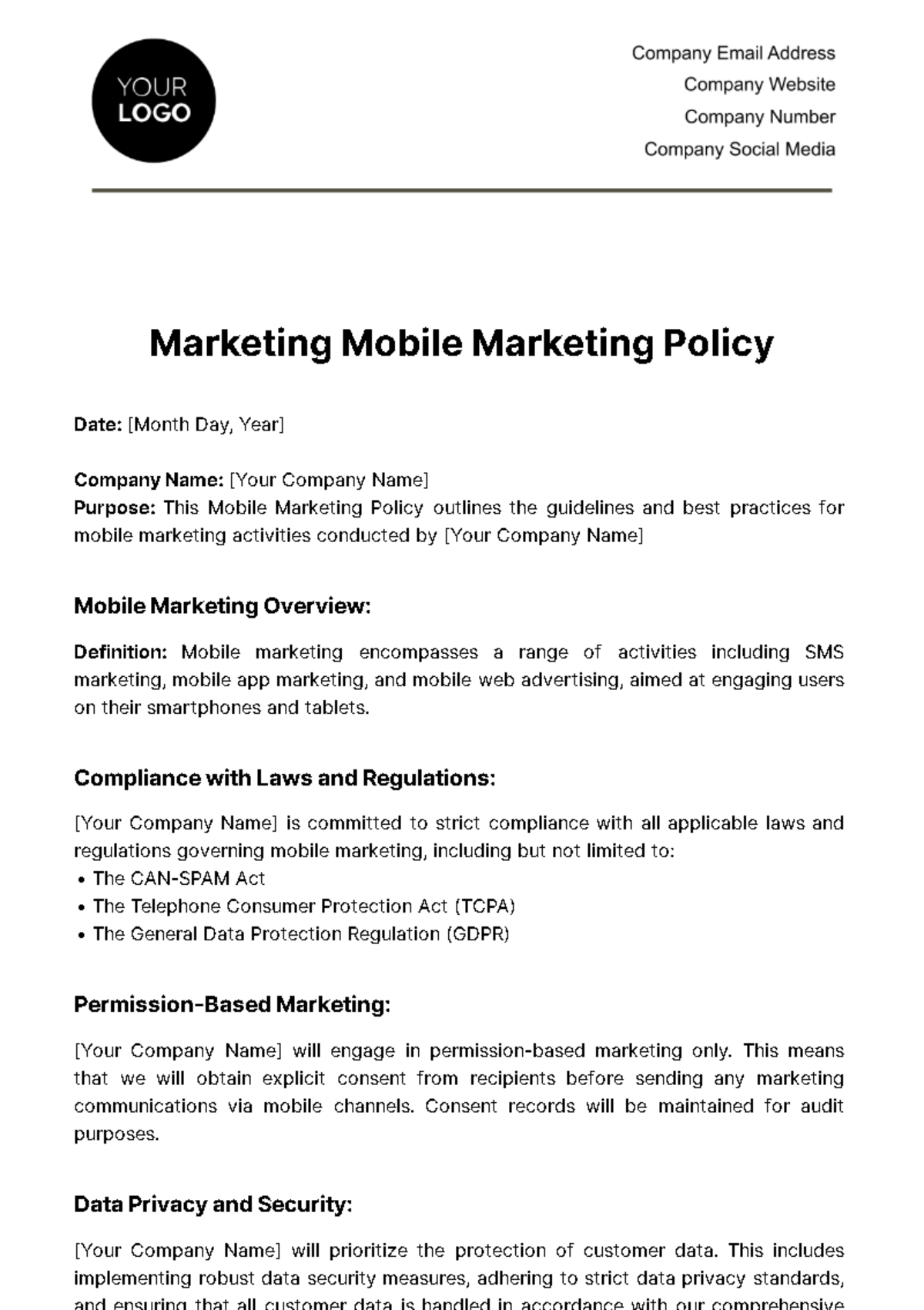Administration Recordkeeping Policy
1. Purpose
The primary aim of the Administration Recordkeeping Policy is to maintain, handle, and protect the organization's essential records in a structured and efficient manner. This shall ensure the integrity, authenticity, and accessibility of records for operational, regulatory, legal, and historical purposes. By establishing clear guidelines for record creation, management, retention, and disposal, this policy aims to promote transparency, accountability, and compliance with relevant regulations.
2. Scope
This policy applies to all employees of [Your Company Name], including contractors and consultants who create, receive, and use corporate records, irrespective of their format. It encompasses both physical and electronic records generated in the course of business operations and extends to all departments and subsidiaries of [Your Company Name].
3. Responsibilities
All employees are responsible for adhering to and implementing this policy. The management is responsible for ensuring that employee training is provided regarding recordkeeping processes, requirements, and responsibilities. This includes providing adequate resources and support to facilitate effective recordkeeping practices across the organization.
4. Policy Procedures
4.1. Creation of Records
All records created during business transactions should meet the required standards of accuracy, reliability, and authenticity. Employees must ensure that records are complete, legible, and appropriately documented to provide a clear and accurate account of the activities and transactions they represent.
4.2. Management of Records
All records should be classified, filed, and indexed according to the established procedures, making them readily accessible when needed. Proper record organization facilitates efficient retrieval and retrieval of information, minimizing the risk of errors, delays, and mismanagement.
4.3. Retention and Disposal of Records
Records should be retained and disposed of in accordance with the stipulated regulations and statutory requirements to ensure legal compliance and avoid unnecessary accumulation. Employees must adhere to the organization's records retention schedule, which outlines the minimum retention periods for different types of records based on their legal, regulatory, and operational value.
4.4. Protection of Records
Appropriate security measures should be implemented to protect records from unauthorized access, alteration, or deletion. This includes restricting access to sensitive records based on employees' roles and responsibilities, implementing encryption and access controls for electronic records, and maintaining physical security measures for paper-based records.
5. Policy Review and Reinforcement
This policy will be reviewed yearly to ascertain its effectiveness. Any breach of this policy may result in disciplinary action, up to and including, termination of employment. Regular audits and assessments will be conducted to evaluate compliance with the policy and identify areas for improvement.
6. Contact Information
For any queries or suggestions regarding this policy, you can reach us at [YOUR COMPANY EMAIL].
Signature
By signing below, I acknowledge that I have read, understood, and agree to abide by the provisions outlined in the Administration Recordkeeping Policy of [Your Company Name].
Employee Signature:
Date:
Presented by:
[Your Company Name]
The Administration Recordkeeping Policy serves as a foundational framework for managing corporate records effectively, safeguarding organizational information, and ensuring regulatory compliance. By adhering to the principles and procedures outlined in this policy, employees can contribute to the integrity, accessibility, and security of records, thereby supporting the mission and objectives of [Your Company Name].
Date Created:
Policy Version:






